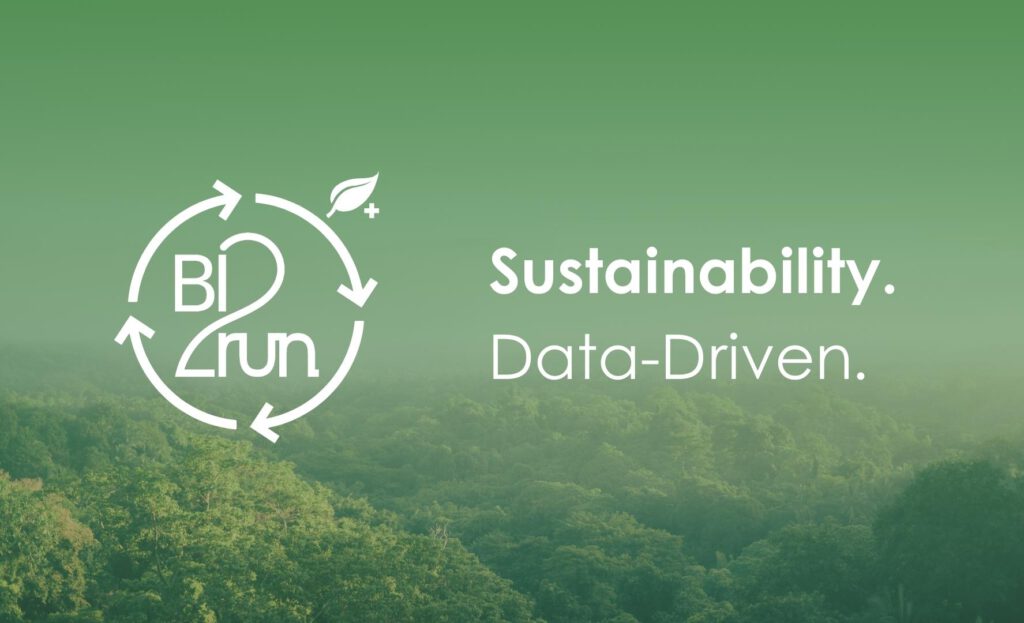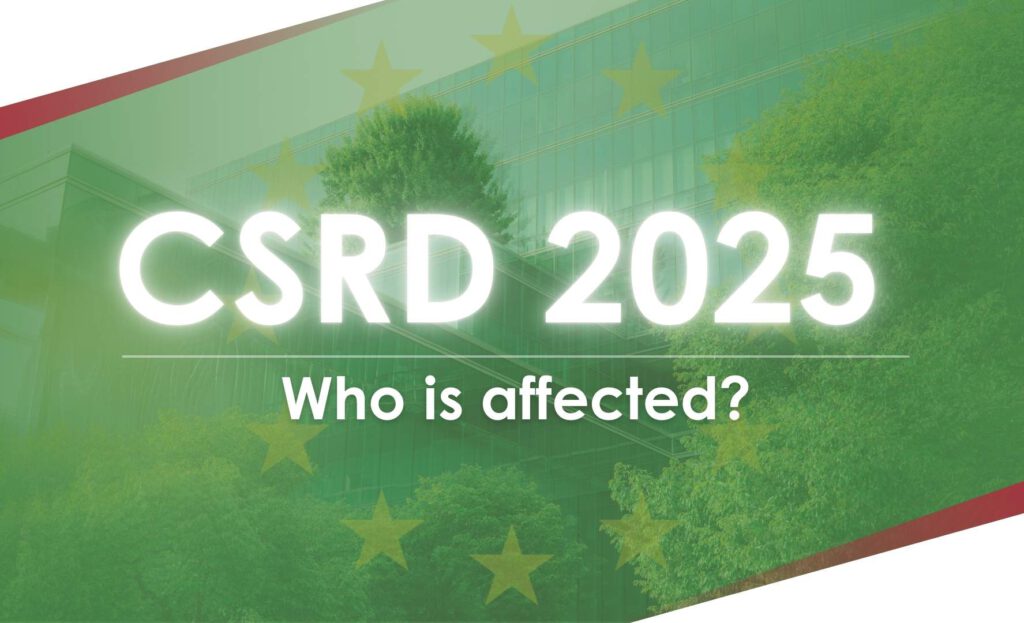The Corporate Sustainability Reporting Directive (CSRD) marks a key milestone in sustainable corporate management and reporting. From 2025, the requirements will be significantly extended, meaning that many companies will be required to comply for the first time. But what does this mean in concrete terms and why should companies take action now?
Who is affected?
The CSRD builds on the existing Non-Financial Reporting Directive (NFRD), but significantly expands the group of companies subject to reporting requirements. From the 2024 financial year, companies that were previously subject to the NFRD will have to submit comprehensive ESG (Environmental, Social, Governance) reporting in accordance with the new EU standards (ESRS). The reporting obligation will come into force for a larger group of companies from 2025.
All organizations that meet two of the following criteria are affected; the organization has more than 250 employees, a turnover of more than 50 million euros or a balance sheet total that exceeds 25 million euros. Not only large companies may be affected, but also many medium-sized companies that were not previously obliged to report.

Early preparation is the key
Even though the CSRD obligations will not apply to many companies until 2026, you should familiarize yourself with the requirements early on. Companies that start collecting their ESG data and establishing reporting systems now will benefit from a smooth transition and avoid unnecessary time pressure.
Small and medium-sized enterprises (SMEs), which were previously exempt from such reporting obligations, will also be included from 2026 at the latest. This makes it all the more important to prepare for the new standards at an early stage. In particular, SMEs that work together with larger companies will be required to make their sustainability measures transparent. You can find out when and to what extent your company is affected in our comprehensive CRSD timetable.
Compliance security and competitive advantages
Compliance with CSRD requirements is not only a legal necessity, but also offers strategic advantages. Companies that present their ESG performance transparently and professionally strengthen their trust among stakeholders, improve their market position and increase their attractiveness for investors. Sustainability thus becomes a decisive competitive advantage.

Conclusion: Act now for a sustainable future
The CSRD reporting obligation is more than just a regulatory challenge – it offers the opportunity to firmly anchor sustainability in the corporate strategy and benefit from the advantages in the long term. Companies that take action now not only give themselves a head start in terms of compliance, but also position themselves as future-oriented market leaders.
Are you ready to take the step towards a sustainable future? Contact us to meet the timetable on time.








